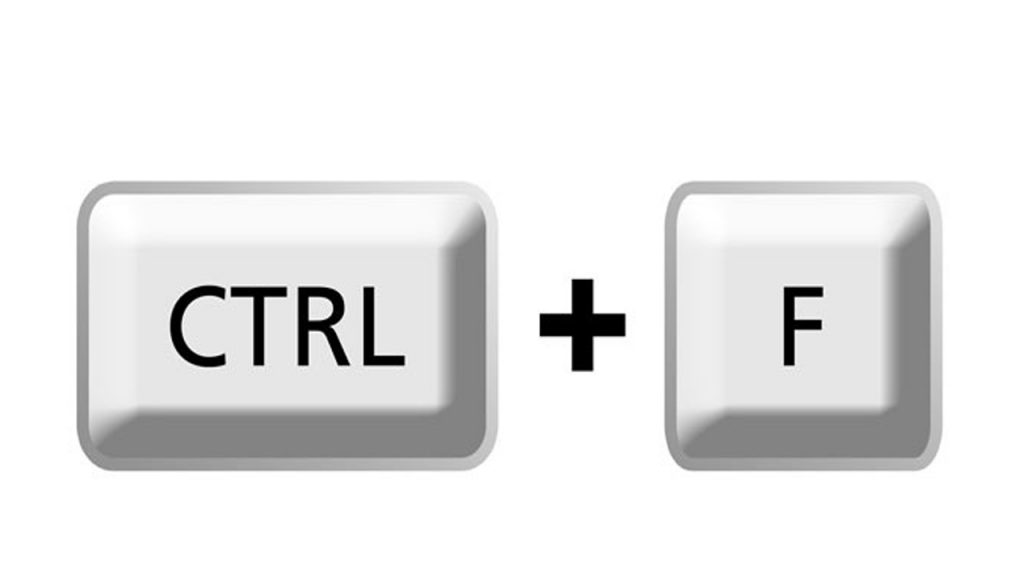How Can Transcription Improve the Research Process?
It has become a standard business practice to have the interviews that are done as part of various research processes recorded and then transcribed so that in the end you got the content in written form. The reason for this is that in research processes you usually end up having many hours of material which than needs to be analyzed. It helps a lot when you make transcriptions of those audio files, since this means that the content will be searchable and you will be able to easily compare the results. Scanning and analyzing the written content is much easier than going through hours and hours of audio content.
In case you are working on interviews as a part of a research process, you are probably aware of the priority to keep the research source material as accurate as possible if you decide to transcribe the audio files. This important step in the procedure can be done in several ways, and we will now describe the benefits and drawbacks of different methods that can be applied to this important procedure.
If you decide to do the transcription by yourself, you might be surprised how challenging this task actually is. You will have to put in many hours of work. Generally, it takes four hours to transcribe one hour of audio content, and you also have to be a very proficient typist to do this, otherwise the whole thing can take much longer than you might expect. If you think about it, you could use all that time and invest it in the actual research process. The fact is that today you can find many reliable transcription service providers, who work with professionally trained transcribers. This way you will save time and be sure that you got accurate results. When it comes to the price, you don’t have to worry. In today’s economy you can get your audio files transcribed for a fair, affordable price.
Researchers can now fully concentrate on their actual work, without having to spend hours and hours on listening to tape recordings. Try it out and you will see for yourself how beneficial this can be for your research process.
Here are Seven (7) Ways How Transcription Can Improve The Research Process:
1. Details are very important, that is why it is a good idea to record the interview
If you are taking notes yourself while conducting an interview, you will soon see how it is hard to stay focused on what was actually said, especially if you have multiple speakers which are talking a lot and fast. You will be under a lot of pressure to capture every detail that was said, and this can be complicated by the fact that the speakers can sometimes use a dialect that is not completely familiar to you, or there might be some other issues with comprehension.

So, first of all, we think that it is great that you are recording the interview. This way you can concentrate on the conversation itself and ask questions in case something isn’t completely clear. Also, you can make other observations and take the body language into account, and also be mindful of various subtle details of the conversation, like the tone of the voice. But still, when listening to the recording, you will have to rewind the tape a lot, pause and fast forward to the parts that are important. This is the part where transcriptions can shine in all their glory, because they can save you from all this hassle and enable you to focus more on the important parts of the research that rely on your accurate analysis of the source material.
2. Spend enough time doing the tasks you are good
Hiring a professional to do your transcriptions will cost you some extra money. But let’s be honest: your time is also valuable. As a researcher you have to prepare questions you will ask during the interview and analyze all the collected data to get to an end result. So, there are many things that you need to work on. Why spend time in writing out interviews, when you can hand this out to someone who can do it faster and probably better than you? Rather use the precious time you can save from transcribing on additional research and other tasks that you can’t entrust to someone else. When doing complicated research, it is often the case that you do not have much time on your hand, it is important to maximize the productivity and streamline the entire procedure.
3. Qualitative data research made easy
For a quantitative research, you need numbers and as soon as you get them you have done the main part of the job. It is completely different when we are talking about qualitative research. Quotes and patterns are things that matter here. This is why transcriptions will help a lot in the process of qualitative research. Transcriptions make sure that you got all the important information in one place and that you can easily identify everything important. When you have the audio content written out clearly in front of you, you can easily highlight the important parts, take notes and pay more attention to the content itself, without being interrupted by technical factors like pausing and rewinding the tape.
4. Share the results with others
In case you are working with a team, transcripts will be a life savior. They can easily be shared by email. This will simplify your research process by far. If you edit something in the data, you will only need to save the changes in one place. This way everyone involved will have an easy access to the newest information and insights into the process. Good communication between the members of the research team is crucial when it comes to collaborative efforts, and one of the most important things here is, as we already said, that everyone has access to the latest version of the document that is being analyzed. Otherwise, all kind of complicated issues can arise and interrupt the workflow. Errors in the end results can also occur due to incompatible data. You can avoid all these issues by having a clear, precise transcript that can be easily shared by all the members of the research team.
5. Find exactly what you are looking for by using searchable texts

If you are only working with an audio file you will have a hard time to find information you need. You will need to go through a lot of rewinding, fast-forwarding and listening when you want to find out who said what and when. Transcripts are a great alternative. Just click Ctrl + F on your PC or Command + F if you are working on Mac, and in a blink of an eye you can find the desired part of the interview. Keyword search does wonders in cases like this. You just type in the keyword and you will find it in the text. This simple procedure can be a life saver when you need to find something quickly. You do not want to waste time on going through the entire audio recording just to find that one important bit.
6. Easily go back to a conversation
Of course, a written document can’t easily represent the tone of the voice of various speakers, all the subtle nuances of live conversation cannot be accurately represented in the written form, and this is the reason why transcripts are sometimes deprived of context. But with transcriptions you can easily go back to the original audio part and find the conversation, check the facts and references. This is especially true if the transcripts have timestamps and names of the speakers integrated.
7. Objectivity
If you are writing notes by yourself, you might omit some important parts, sometimes even misinterpretations might happen. On the other hand, a transcription is objective since it is a literal written presentation of the conversation, word by word. This will help you to be more objective while collecting and analyzing data. You can analyze the written form more easily, and use the results that you gained by this analysis in your final conclusions. Overall, the objectivity of your results will benefit from precision and accuracy of high-quality transcripts.
Conclusion
If you are doing research through interviews, make sure to record them and hire professionals to transcribe them. This way you work will benefit from more efficiency and accuracy, and you will likely get more objective data and more precise end results. To gain all these benefits that transcription brings to the table, we would recommend that you use service of Gglot transcription agency. We are a well-known and highly regarded transcription service provider, and our team of skilled transcription experts will handle any kind of audio content with maximum professionalism. The end result will always be the same, a precise and well formatted transcription, which you can then use to improve the efficiency of your research, enabling you to focus more on analysis and conclusions.